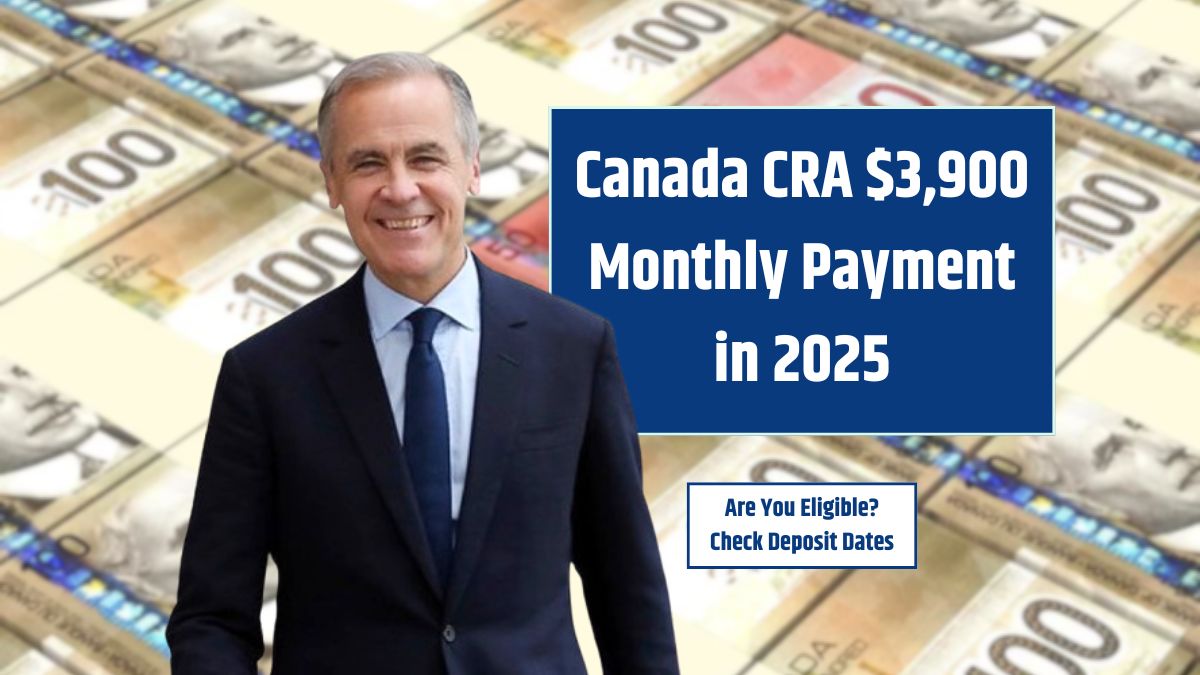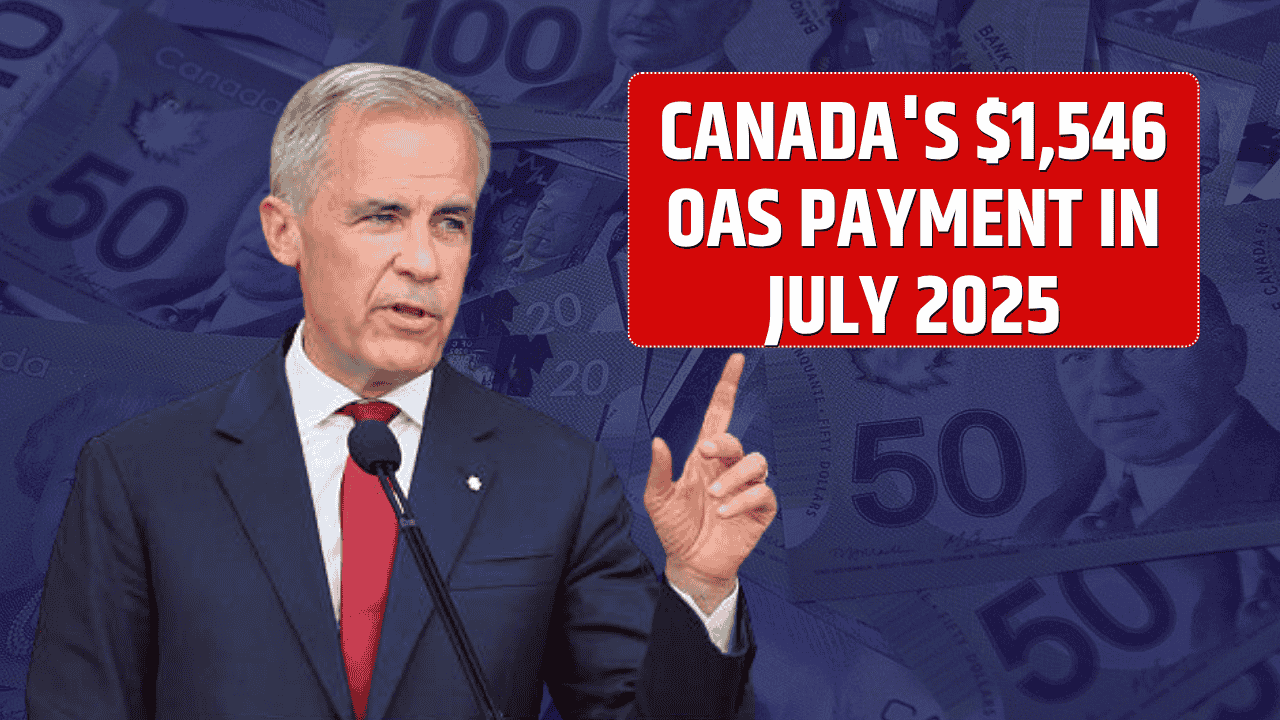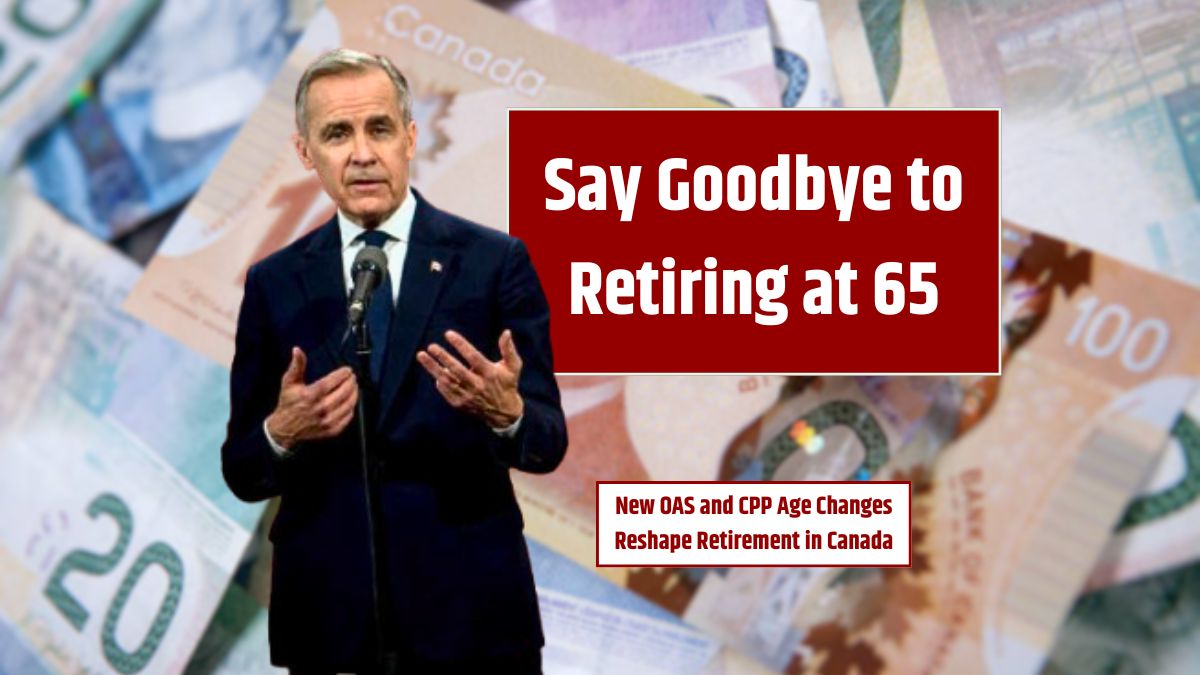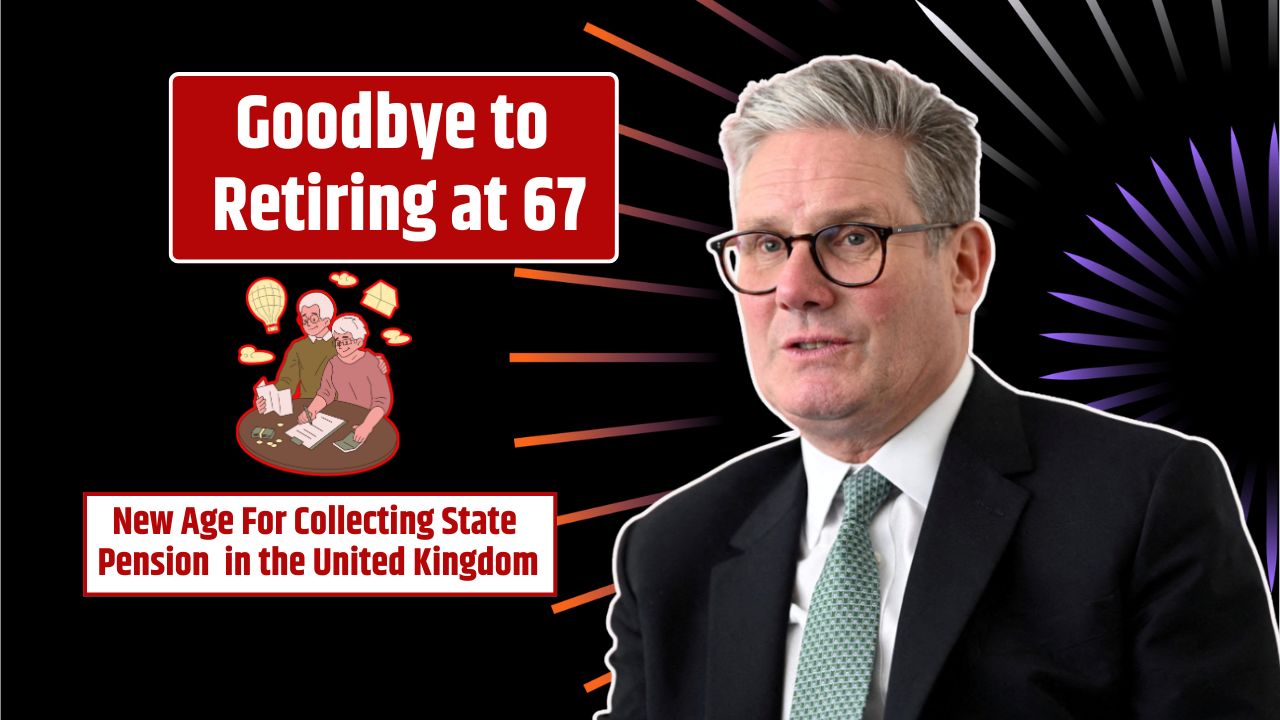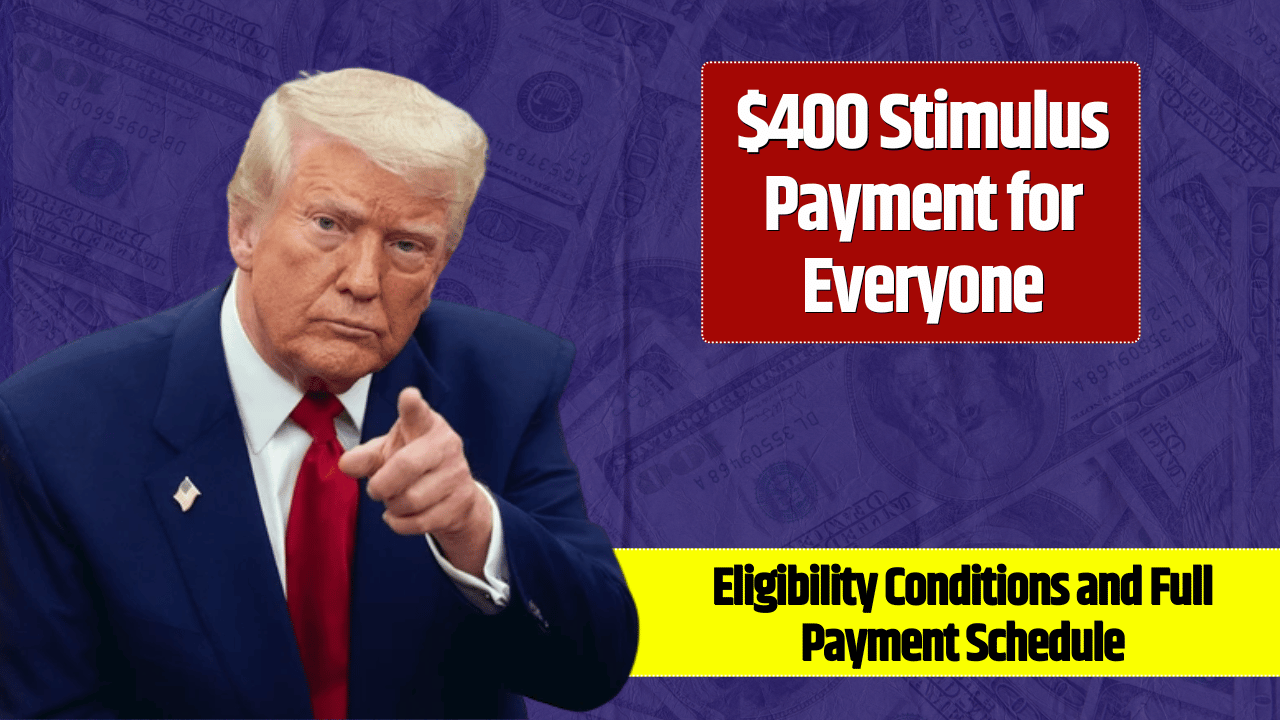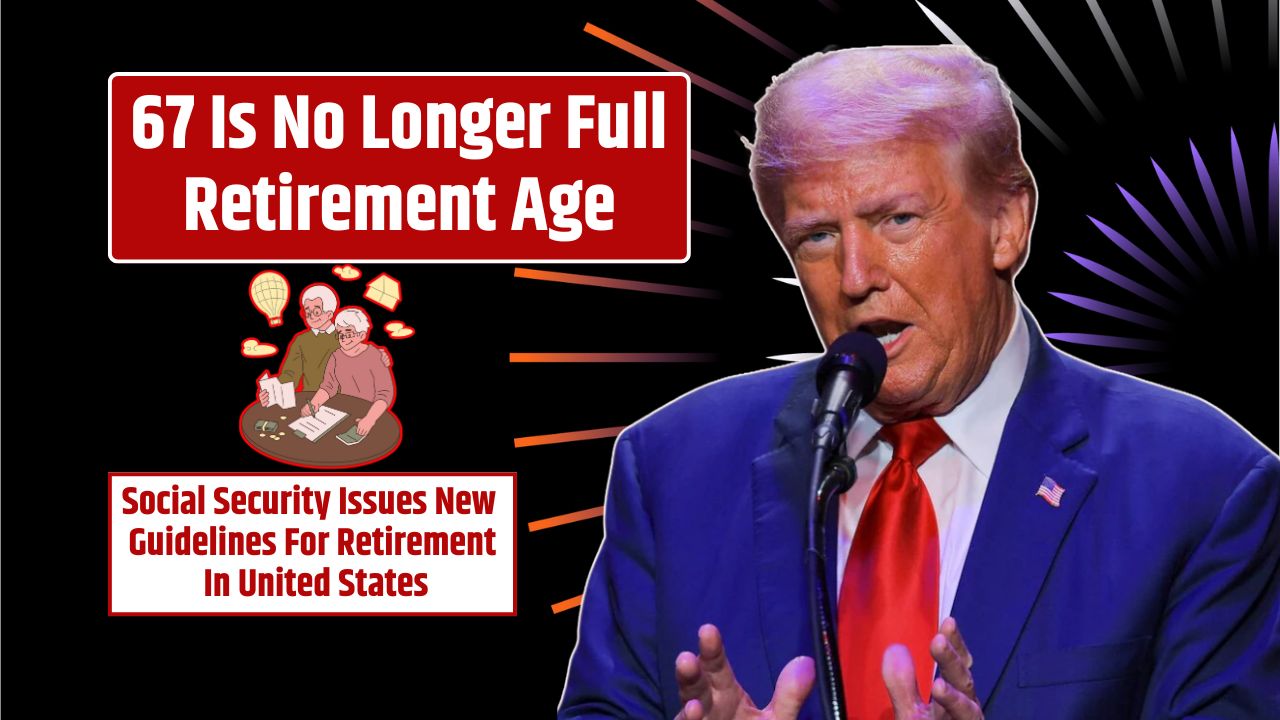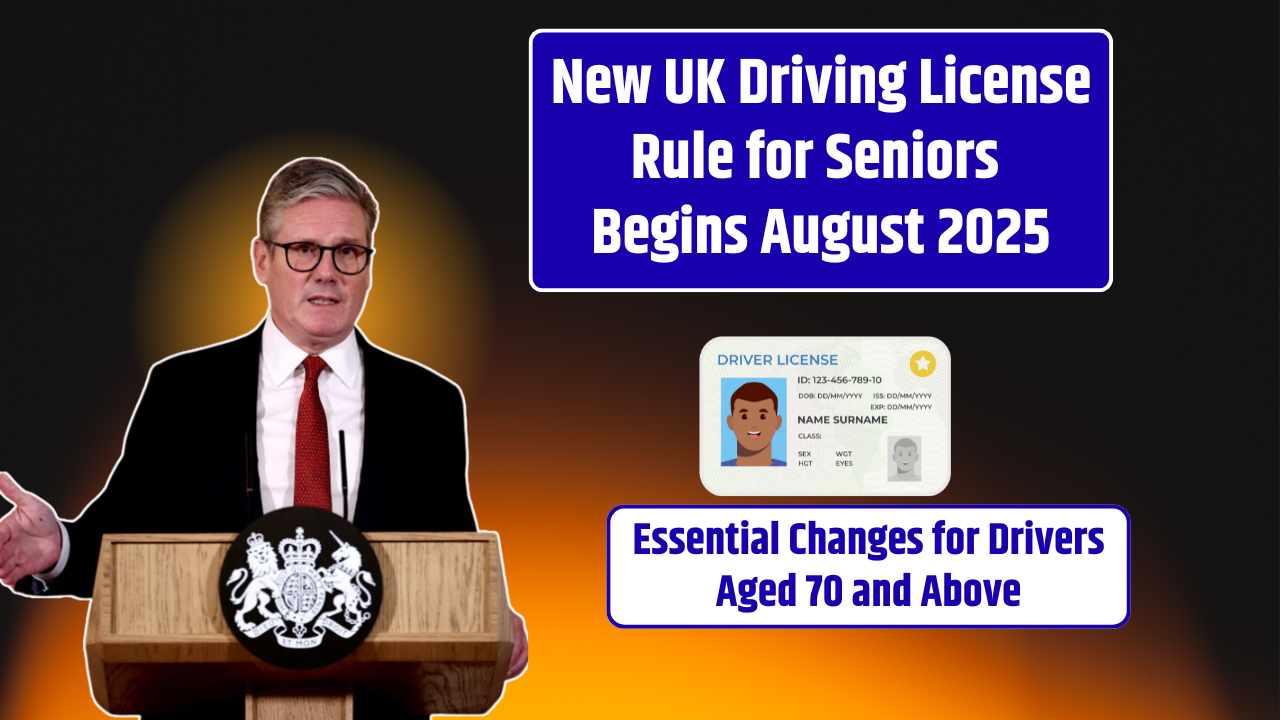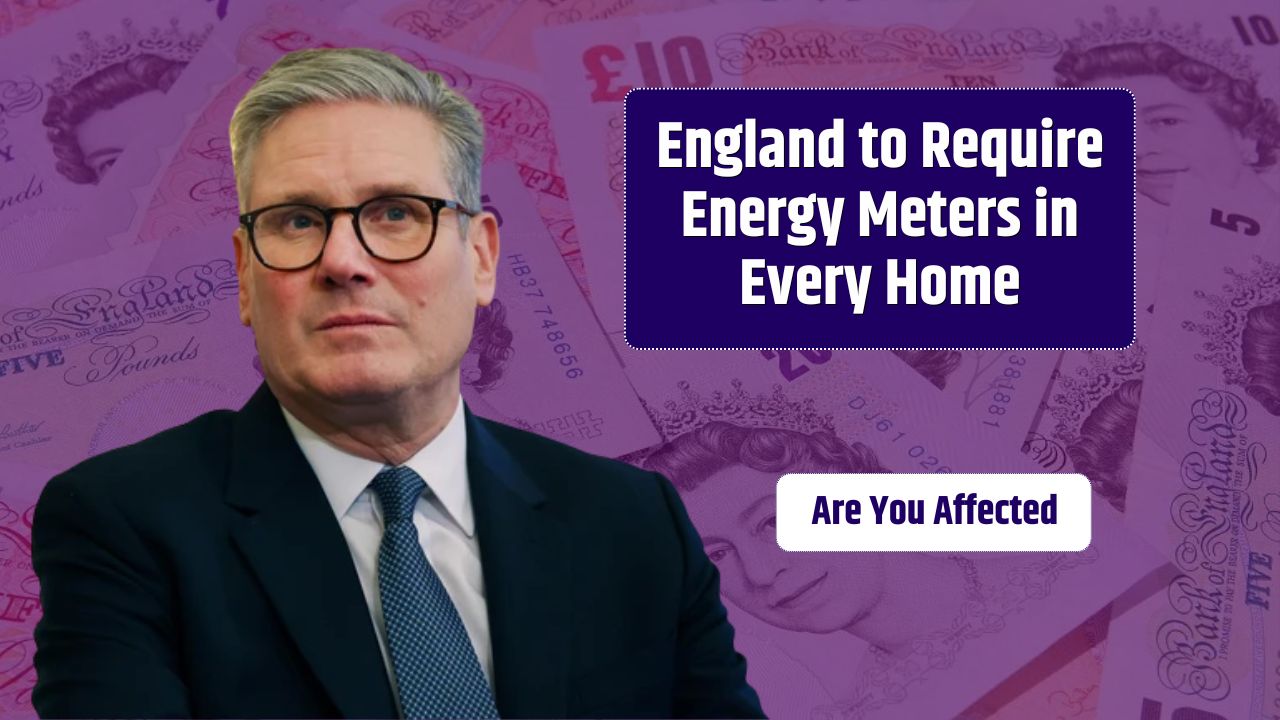As public budgets tighten and demands on government programs grow, policymakers are putting a stronger emphasis on evaluation—not just creating policies, but measuring their real-world impact. In today’s high-stakes economic and political environment, it’s no longer enough to fund a program and hope it works. Stakeholders—from lawmakers to taxpayers—want proof that government initiatives deliver measurable results.
Here’s a look at why evaluation is taking center stage in policymaking—and what that means for the future of public policy.
Table of Contents
Rising Demand for Accountability and Transparency
One of the biggest drivers behind this shift is a growing demand for transparency. Voters, watchdog groups, and budget offices want clear answers to questions like:
- Is this program working as intended?
- Who is benefiting—and who isn’t?
- Are we getting a return on our investment?
Evaluation provides data-backed answers, helping governments make smarter choices about what to continue funding and what to reform or eliminate.
Budget Constraints and Economic Pressure
With many local, state, and federal agencies facing budget constraints, there’s less room for trial-and-error. Policymakers are under pressure to maximize the impact of every dollar spent. Rigorous evaluations—especially randomized control trials (RCTs) and cost-benefit analyses—can spotlight what’s truly effective, helping redirect resources toward programs that work.
In periods of economic uncertainty, evaluation becomes a risk management tool, guiding decision-makers through tough trade-offs.
The Push for Evidence-Based Policy
There’s been a broader movement across both public and private sectors toward evidence-based practices. In government, this means designing and adjusting policies using empirical research, data, and outcome tracking—not just political instinct.
Federal initiatives like the Evidence Act of 2018 and funding tied to program effectiveness (e.g., pay-for-success models) have accelerated this trend, pushing agencies to measure performance, track key metrics, and report outcomes publicly.
Technology and Data Advancements
The availability of real-time data, AI-powered analytics, and integrated systems has made it easier than ever to conduct thorough evaluations. Agencies can now:
- Track program participation and outcomes in real-time
- Conduct more nuanced demographic analysis
- Use predictive modeling to test future outcomes
This improved data infrastructure supports more timely and accurate policy evaluations, reducing guesswork and enabling iterative improvements.
Growing Complexity of Policy Problems
Today’s policy challenges—climate change, housing shortages, healthcare access—are multi-layered and systemic. Solutions often involve multiple stakeholders and interconnected programs. Evaluation helps identify:
- Where interventions are working (or failing)
- Which populations are being underserved
- Whether programs align with broader policy goals
Without evaluation, governments risk throwing money at symptoms instead of targeting root causes.
Political and Public Support Hinges on Results
In a polarized political climate, showing results is key to building public trust. Evaluation helps programs earn bipartisan support by demonstrating measurable success rather than relying on ideology alone.
For elected officials, being able to cite data and outcomes can strengthen policy arguments, justify continued funding, and protect programs from budget cuts or public criticism.
As governments face tighter budgets and more complex challenges, evaluation is no longer optional—it’s essential. By emphasizing outcomes over optics, policymakers can design smarter, more efficient programs that truly serve the public good.
Expect the future of policy to be data-driven, results-focused, and continuously assessed—because in today’s environment, effectiveness isn’t just desirable, it’s necessary.
FAQs
What is policy evaluation?
Policy evaluation is the process of systematically assessing the effectiveness, efficiency, and impact of a government program or initiative.
Why is evaluation becoming more important now?
Because of increased demand for accountability, tighter budgets, and the availability of better data tools, policymakers need to ensure programs deliver results.
Who conducts these evaluations?
Evaluations may be done by internal government agencies, independent researchers, or third-party audit firms.






